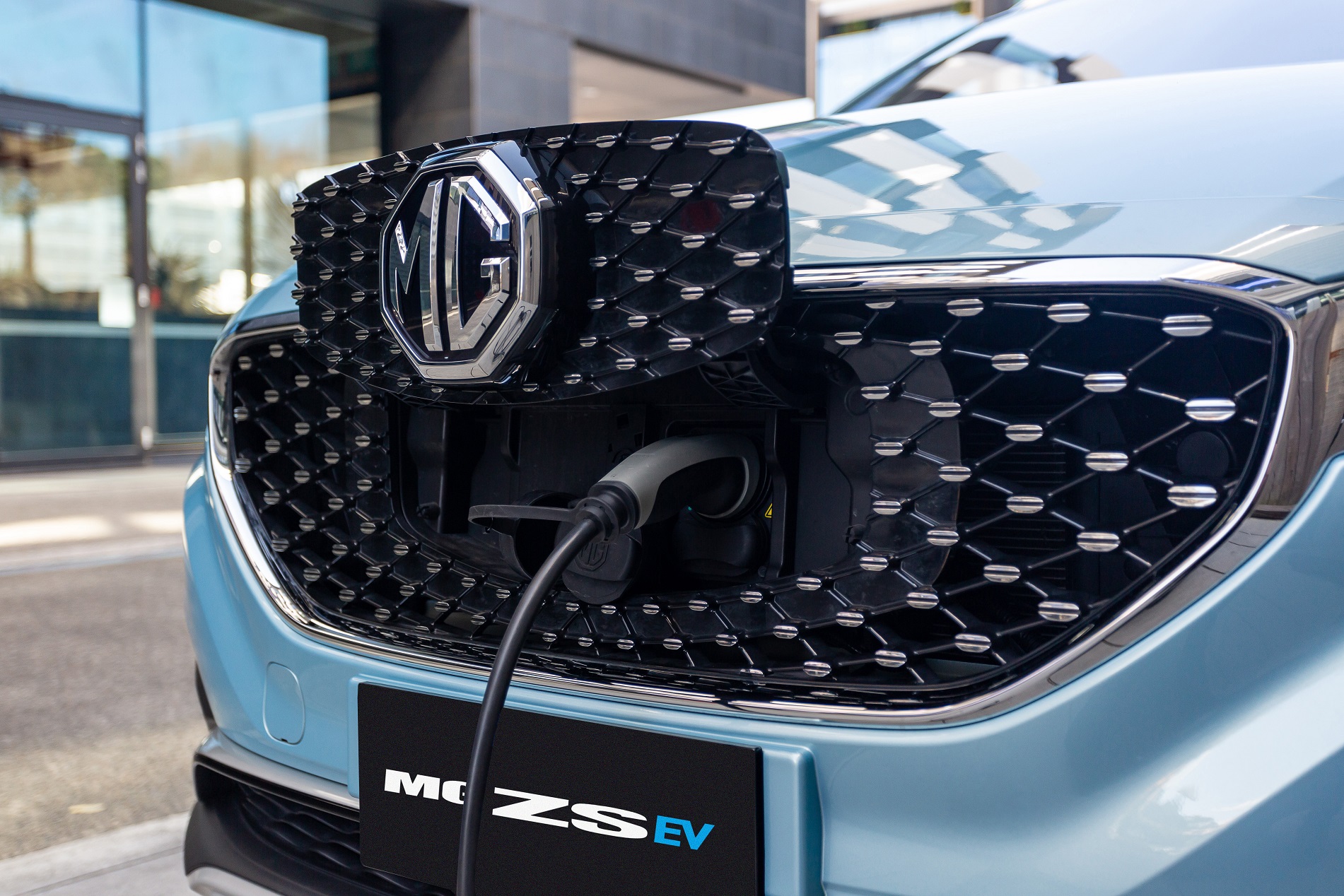
Snapshot
- New road user tax for EV and PHEVs has been in effect since July 1
- Government argues it is needed to get money back from EV subsidies
- Car industry disagrees with strategy
UPDATE, AUGUST 6: VicRoads has defended already issuing warnings to electric vehicle owners for failing to submit odometer photos of how far they’ve travelled, just one month after its controversial road tax scheme started.
As part of the distanced-based charge introduced on July 1 this year, new and existing EV owners are required to lodge how many kilometres they’ve driven.
According to The Driven, some motorists have already fallen foul of the policy, being threatened with losing their registration – barely one month after the new system came into force.
A spokesperson for the Victorian Department of Transport, however, said the process has always been outlined clearly.
“Zero and low emission vehicle (ZLEV) operators who have registered their vehicle since July 1, 2021, have 14 days in which to make an initial odometer declaration,” they said.
They added that if the reading isn’t provided on the first date the car is registered, owners could be hit with a higher charge as the authority would work out an average daily distance travelled based on the next time a declaration is made, and will send a bill on that basis.
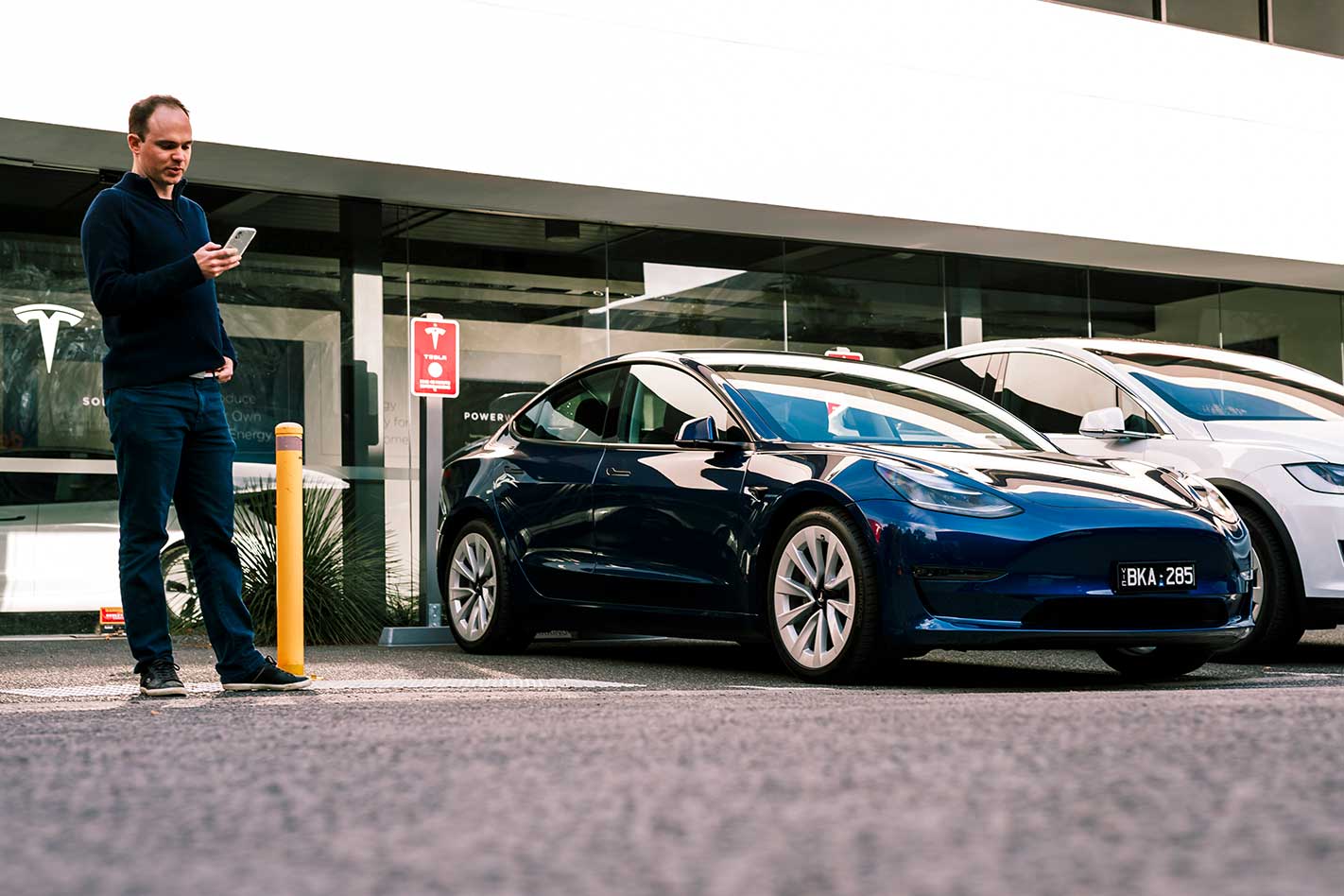
The story to here
JUNE 18: From next month, electric vehicle owners in Victoria must send the state’s highway authority photos of their car’s odometer to record how far they’ve travelled or face having their rego cancelled.
On July 1, the Victorian Government’s controversial tax on EVs comes into force – with VicRoads this week revealing the way it plans to charge owners will be by requiring an odometer reading and supporting photo as evidence each time the vehicle’s registration is renewed.
What’s more, anyone caught trying to pull a fast one by providing a false reading could end up with 60 penalty units against them and an almost $10,000 fine. For businesses the punishment rises to 300 penalty units or a $50,000 fine.
The Department for Transport said “failure to comply with the scheme may result in penalties, including the suspension and cancellation of a vehicle’s registration”.
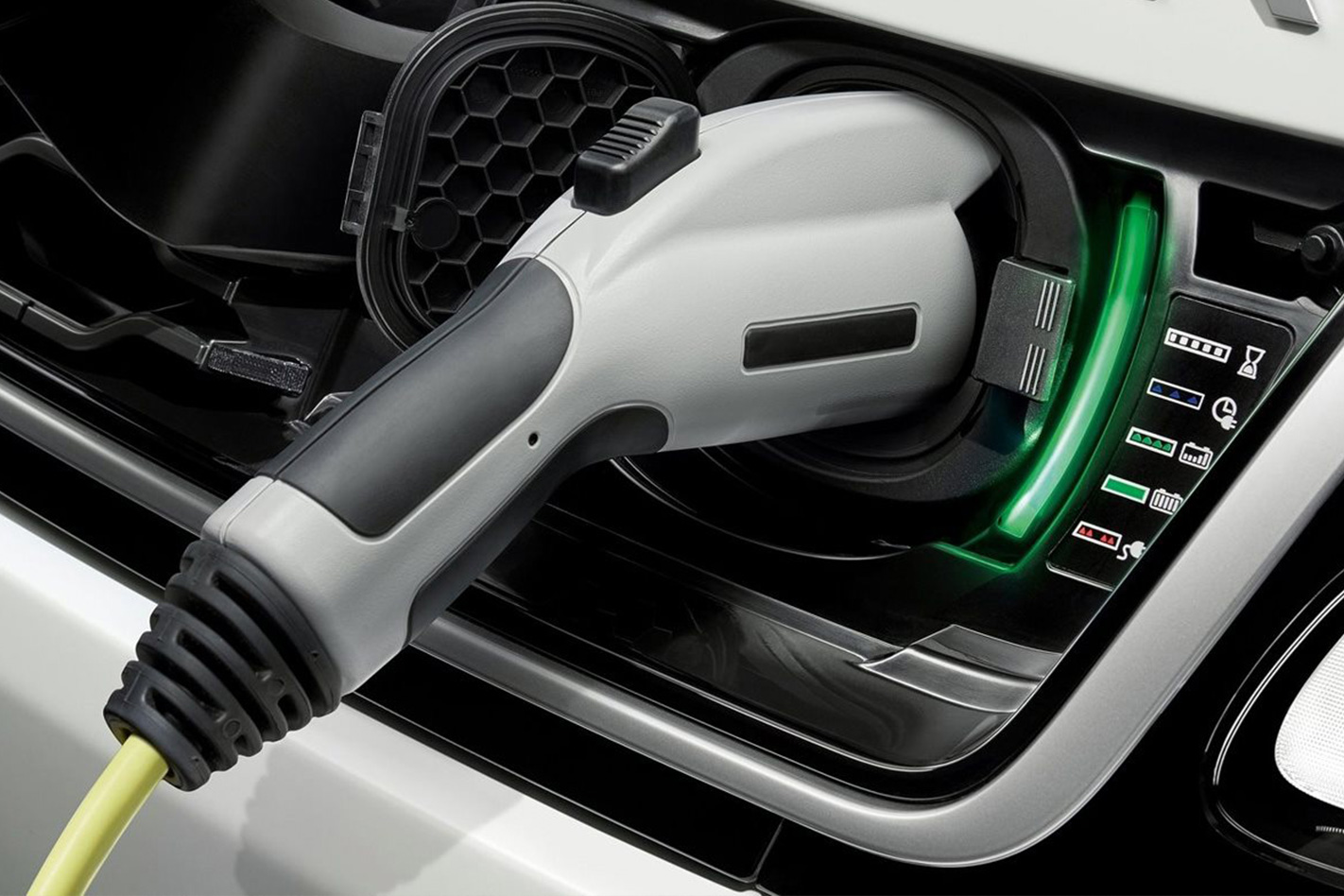
The new distanced-based charge will see electric vehicle (EV) and plug-in hybrid (PHEV) drivers pay for each kilometre they travel.
Owners will have to pay 2.5c/km for an EV, while those with a PHEV get a 0.5c/km discount given they already pay the fuel excise when filling up at the pump, but will be offered $100 off the cost of their annual registration (effectively making an EV’s first 4000km, and a PHEV’s first 5000km, free).
While mild hybrids will not pay the tax, they also will no longer be eligible for the $100 rego discount from July 1.
Passed on May 25, 2021, the policy is aimed at zero and low emission vehicles, essentially charging owners for not having to pay the 42.7 cent per litre Federal fuel excise, instead implementing a tax based on kilometres driven in a year.
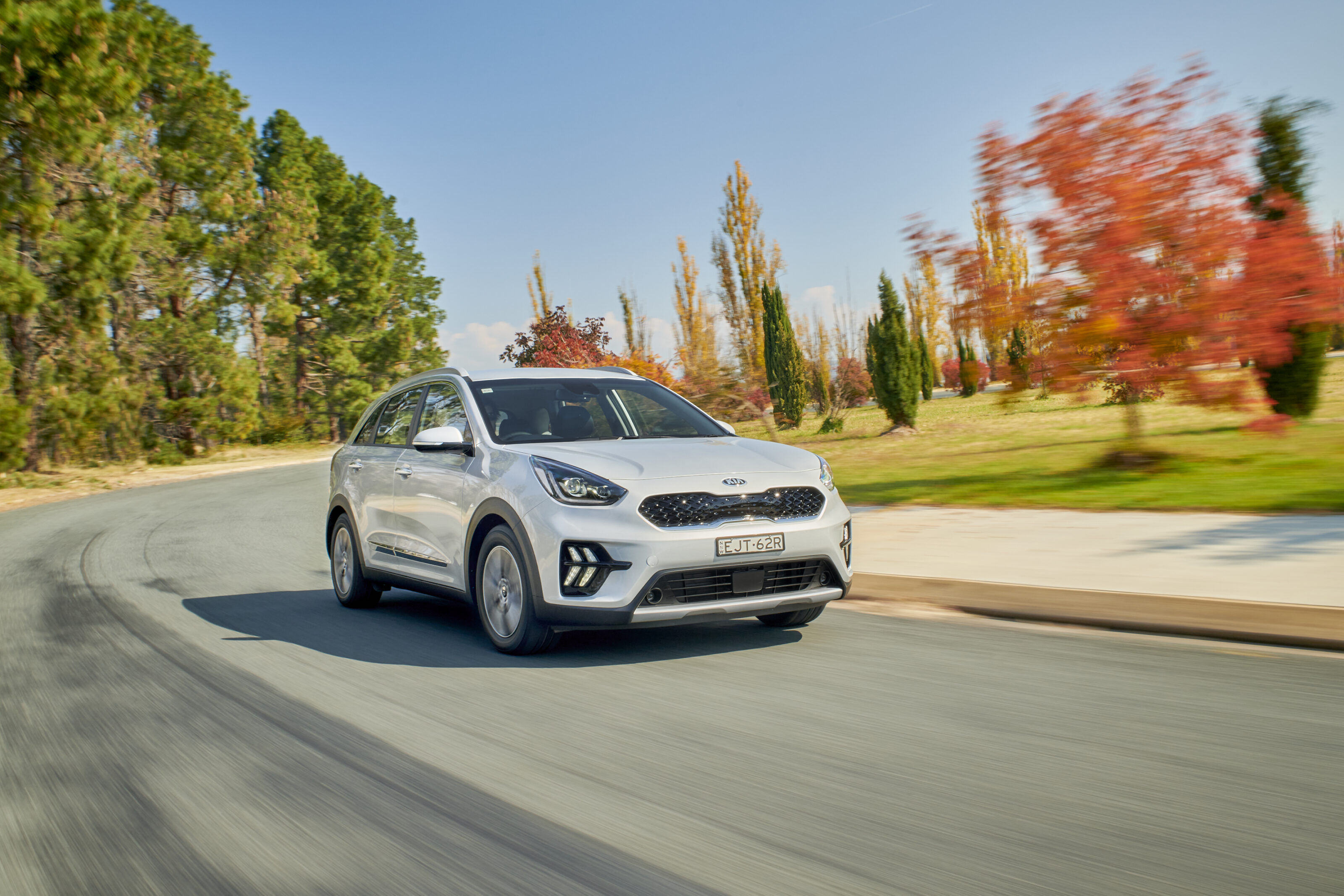
The scheme has been heavily criticised – not just for its charges, but also on the basis of how it records the distance travelled in a year.
Instead of utilising a system similar to pink slips in New South Wales, where vehicles are independently inspected every 12 months and the odometer reading is recorded, VicRoads will send a request to owners for a photo of the vehicle’s odometer reading when they renew their registration.
Behyad Jafari, CEO of the Electric Vehicle Council, said: “The whole idea and process was just rushed in without any consultation with industry. And it shows. Delaying the charge until we have higher penetration of EVs and spend time consulting on a system actually built for the 21st century, not the 20th century, would benefit everyone.”Not only are plug-in hybrid drivers being double-charged, but they are also exempt from the main Government subsidy. The Government is definitely making it hard for plug-in hybrid drivers. Any increased cost to plug-in hybrid drivers must be offset, at the very least, to ensure Victoria doesn’t go backwards when it comes to EV adoption. “Any additional charges to EV owners acts as a disincentive, particularly at this stage of the market. Governments should be doing everything they can to encourage EV uptake, not adding extra charges which complicates things for consumers. The Victorian Government seems to be shooting itself in the foot with this premature tax on EVs.”
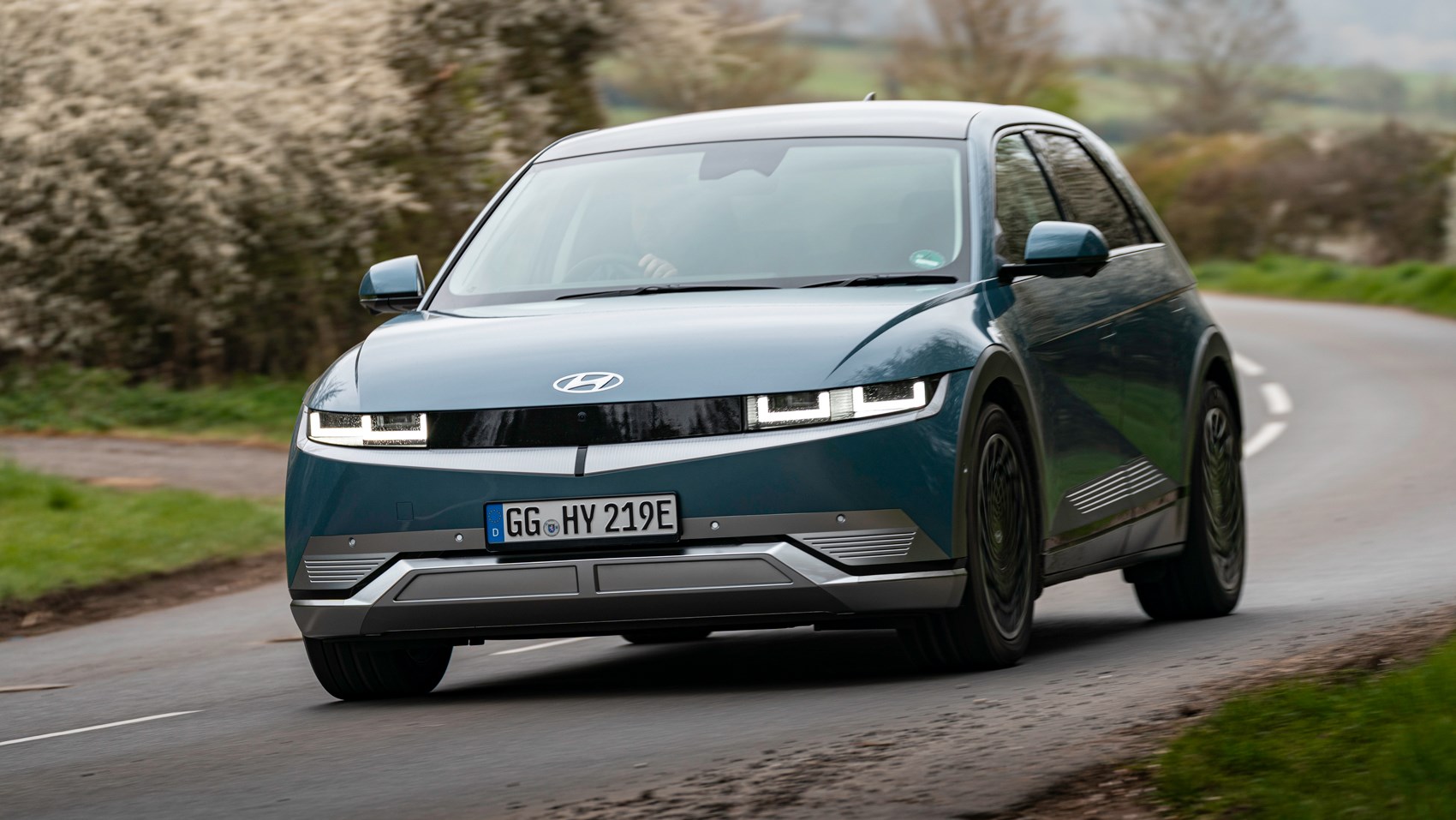
Speaking to WhichCar, Hyundai Australia criticised the immediate implementation of the EV tax, saying there’s a need for one further down the road but now is not the right time.
“As cars become more efficient and use less fuel – or no fuel at all in the case of EVs – the Government’s income from fuel excise will drop away,” said a Hyundai spokesman.
“So at some stage in the future we will need to consider road user charging more broadly – on a national basis, for all vehicles using the roads.
“Until such a national strategy is developed, we don’t believe now is the right time to tax zero-emission vehicles.
“Road user charging would be better timed after incentives are in place to encourage public adoption of EVs. We see government incentives working well in most advanced nations across the world, as a key component of climate change policy.
“We are encouraged by the Victorian Government’s incentives package for EVs and the accompanying investment in EV charging infrastructure.
“Once incentives are in place and we see consumer uptake of EVs accelerate, the time will be right to look at road user charging more broadly.
“Until then, we don’t advocate taxing the most advanced and efficient vehicles on the road.”
A new subsidy scheme for new EV buyers has also recently been introduced by the Victorian Government, taking $3000 off the price of a fully-electric or hydrogen car at the dealer, though this too has come under fire for being “confusing”, with some dealers applying the discount while others aren’t.
The Department for Transport has defended the road user charge, claiming it is necessary to claw back money from the subsidy scheme.
“We’re taking bold steps to achieve net zero emissions in Victoria by 2050,” a spokesman said.
“We know transport is one of the state’s biggest emitters – and through our Zero Emissions Vehicle Roadmap, we’re ensuring Victoria is a leader in the uptake of zero-emissions vehicles by making them accessible to more Victorians.
“Our $100 million support package for zero-emissions vehicles includes a new vehicle subsidy so more people can access a new, cleaner car, increased charging infrastructure and initiatives to increase corporate fleet purchases.
“These investments have been made possible by a zero and low-emissions Road User Charge which will ensure all road users contribute their fair share towards the cost of Victoria’s road network as we work to make our roads cleaner.”
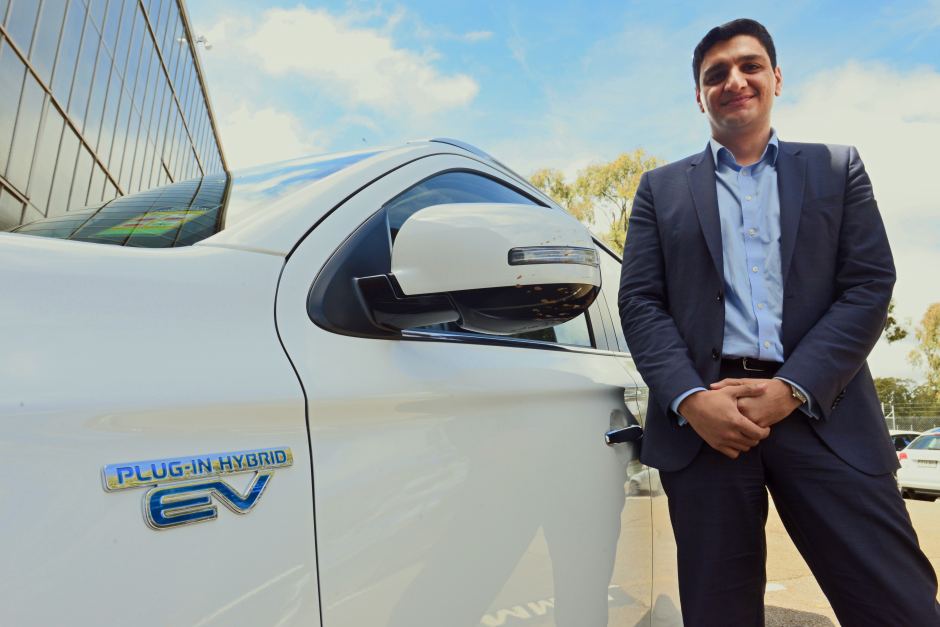
We recommend
-
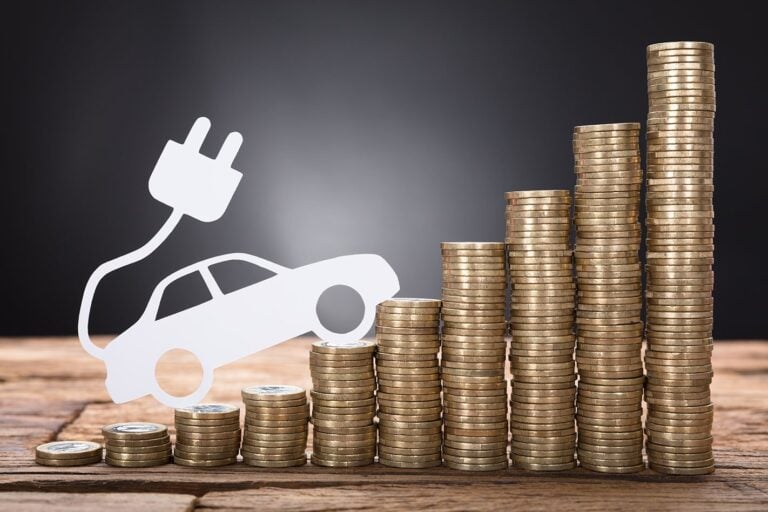 News
NewsVictoria goes ahead with contentious EV tax
Victoria has followed South Australia down the path of electric vehicle taxation with NSW likely to follow
-
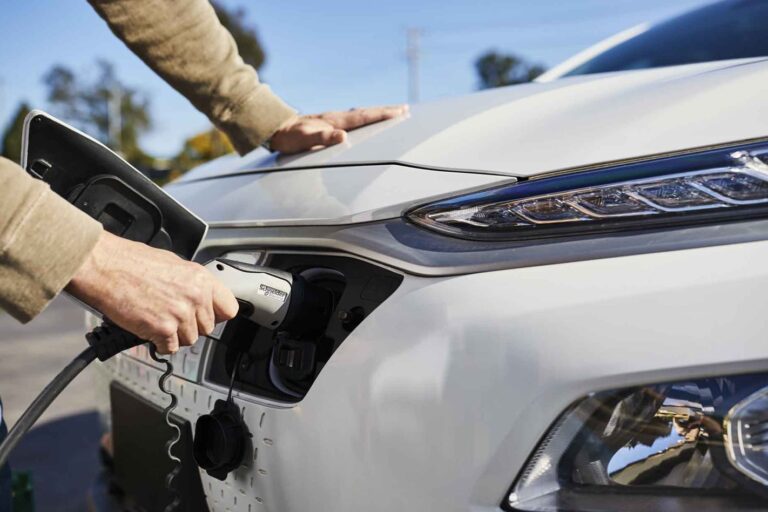 News
NewsVictoria passes EV road tax, effective from July 1 2021
It's done – Victoria is the first state to introduce a 'user pays' road tax, simultaneously targeting electric vehicle owners while also offering purchase incentives
-
 News
NewsSolar Victoria paying EV buyers back directly over subsidy scheme 'confusion'
Solar Victoria is running the scheme which is not as straight forward as it first seemed




